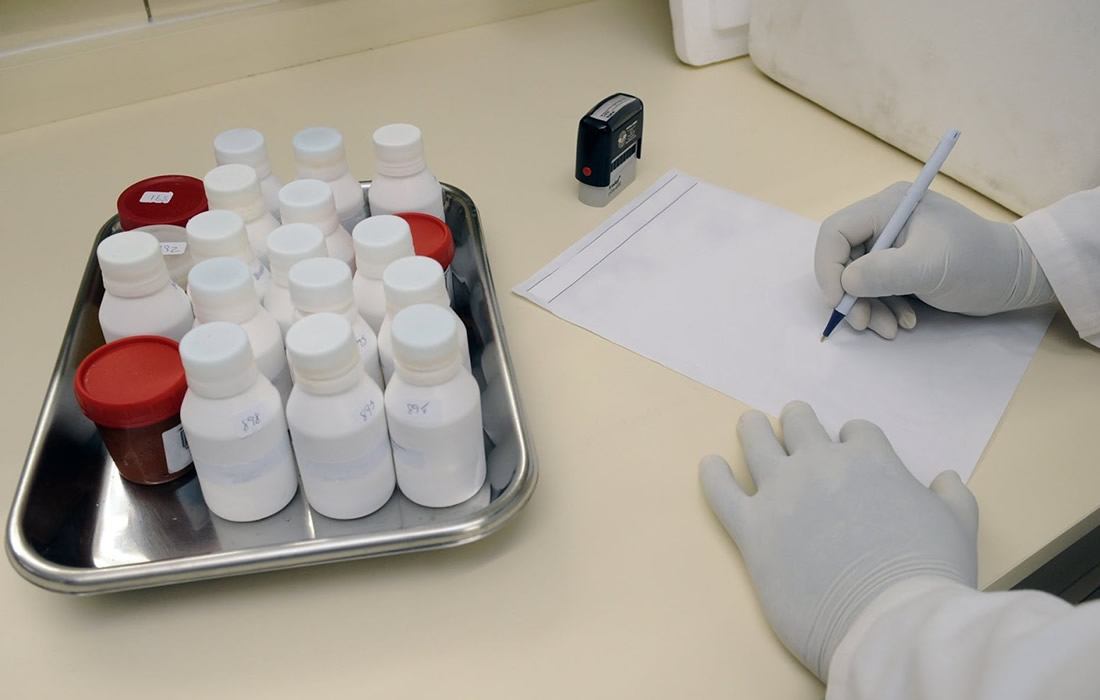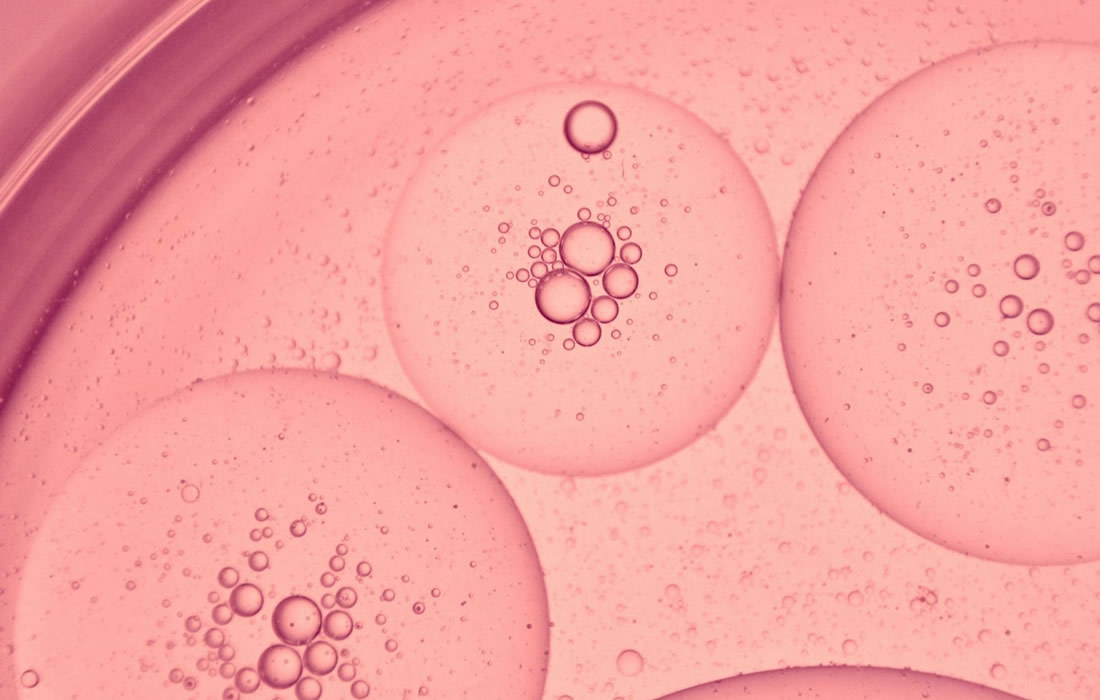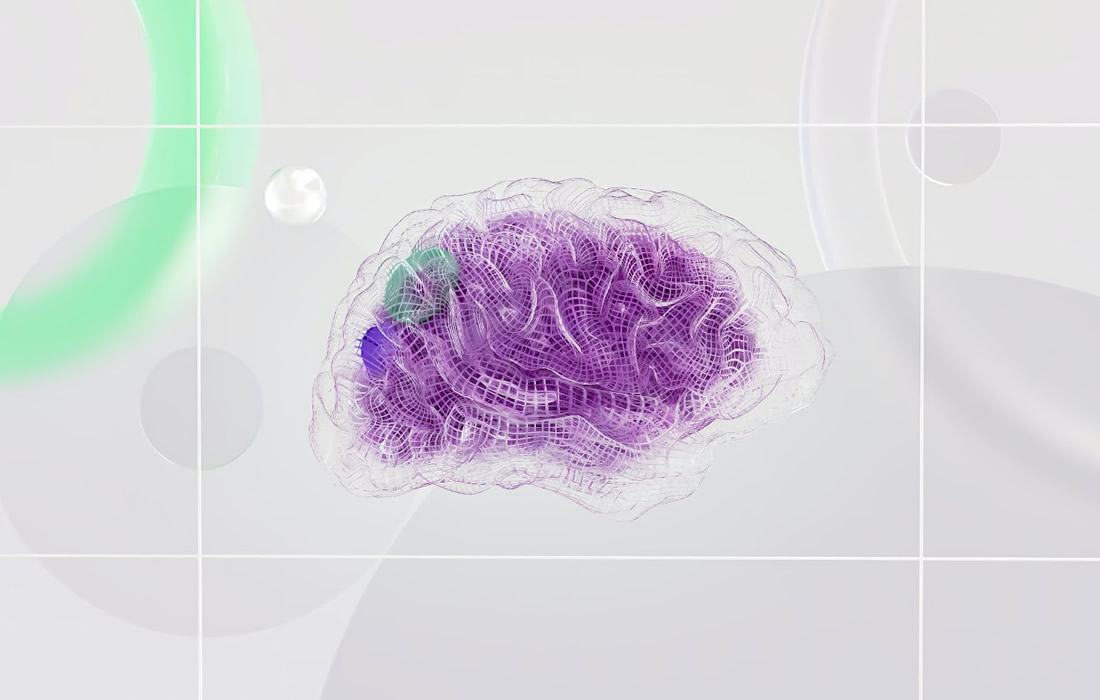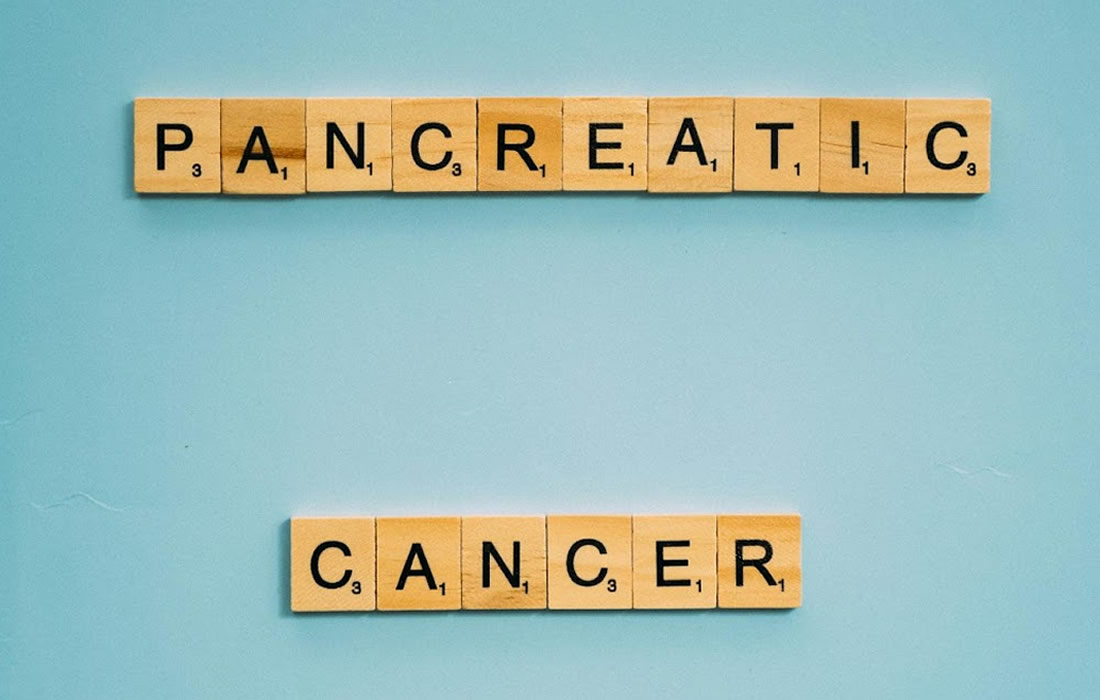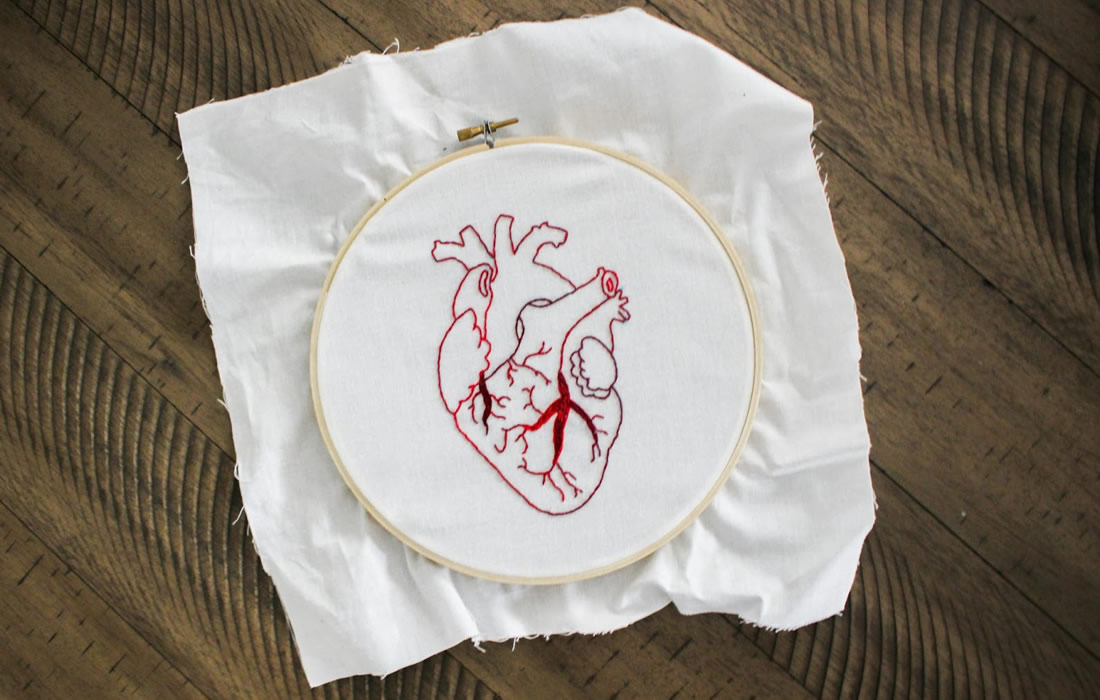Advanced knee osteoarthritis is a major cause of pain and disability worldwide. In the U.S. alone, 14 million adults have symptomatic knee osteoarthritis, and more than half of those diagnosed are projected to eventually undergo total knee replacement surgery. While stronger muscle groups are generally understood to be associated with a lower rate of total […]
Author Archives: Rocio Gallegos, MD
Cancer treatments rarely kill all tumor cells. In glioblastoma, as with many other highly recurrent cancers, tumor cells that escape treatment develop multiple genetic adaptations, or mutations, that allow them to proliferate. The gene-editing technology CRISPR shows early promise as a therapeutic strategy for the aggressive and difficult-to-treat brain cancer known as primary glioblastoma, according […]
The COVID-19 pandemic demonstrated the importance of being prepared with drug interventions to contain viral outbreaks that can otherwise have devastating consequences. A team of researchers discovered that nano-sized particles released by cells, termed “extracellular vesicles” (EVs), can curb the viral infectivity of SARS-CoV-2 — its wild type and variant strains — and potentially other […]
In a study of air pollution data in relation to markers of reproductive development in infancy, Rutgers researchers found certain pollutants may negatively alter anogenital distance, a measure of prenatal exposure to hormones. Cross-sectional studies in adult men and women have shown that alterations in anogenital distance — the length between genitals and the anus […]
Throughout the course of our lives, DNA can break in response to natural and environmental factors. Thankfully, our bodies have dedicated enzymes and pathways which can glue our broken DNA back together through several different mechanisms, known as DNA repair pathways. researchers have pieced together the lesser-known DNA repair pathway, called polymerase theta-mediated end joining […]
A new study shows that shrinkage in the hippocampus area of the brain is associated with cognitive decline, even in people who don’t have amyloid plaques in the brain. The hippocampus plays a role in memory. “These results suggest that neurodegenerative diseases other than Alzheimer’s are contributing to this decline, and measuring the hippocampus volume […]
A new study published in BMJ Mental Health has found that individuals with severe mental illness are almost twice as likely to report physical multimorbidity, emphasizing the critical importance of addressing the intersection between mental and physical health. Multimorbidity is when a person is affected by any combination of chronic disease with at least one […]
Scientists from the Department of Energy’s Pacific Northwest National Laboratory (PNNL) analyzed more than 4,700 molecules — proteins, lipids, and metabolites — from 11 young firefighters who went through a rigorous training exercise, looking to understand what happens when the body undergoes intense physical exercise. For this study, the intent was to increase safety for […]
Pancreatic cancer is tricky to manage because it spreads easily and early, and the tumors have a unique biological makeup. But, researchers made a breakthrough by learning about the genetic changes that occur during tumor migration — and also found a drug that can obstruct the process. The five-year survival rate for pancreatic cancer is […]
The number of people surviving a heart attack has increased significantly, but this severe cardiac event causes irreparable damage to their hearts. This damage is permanent because the human heart has no ability to grow new heart muscle cells. Instead, connective tissue cells known as fibroblasts migrate into the damaged area of the heart muscle. […]


